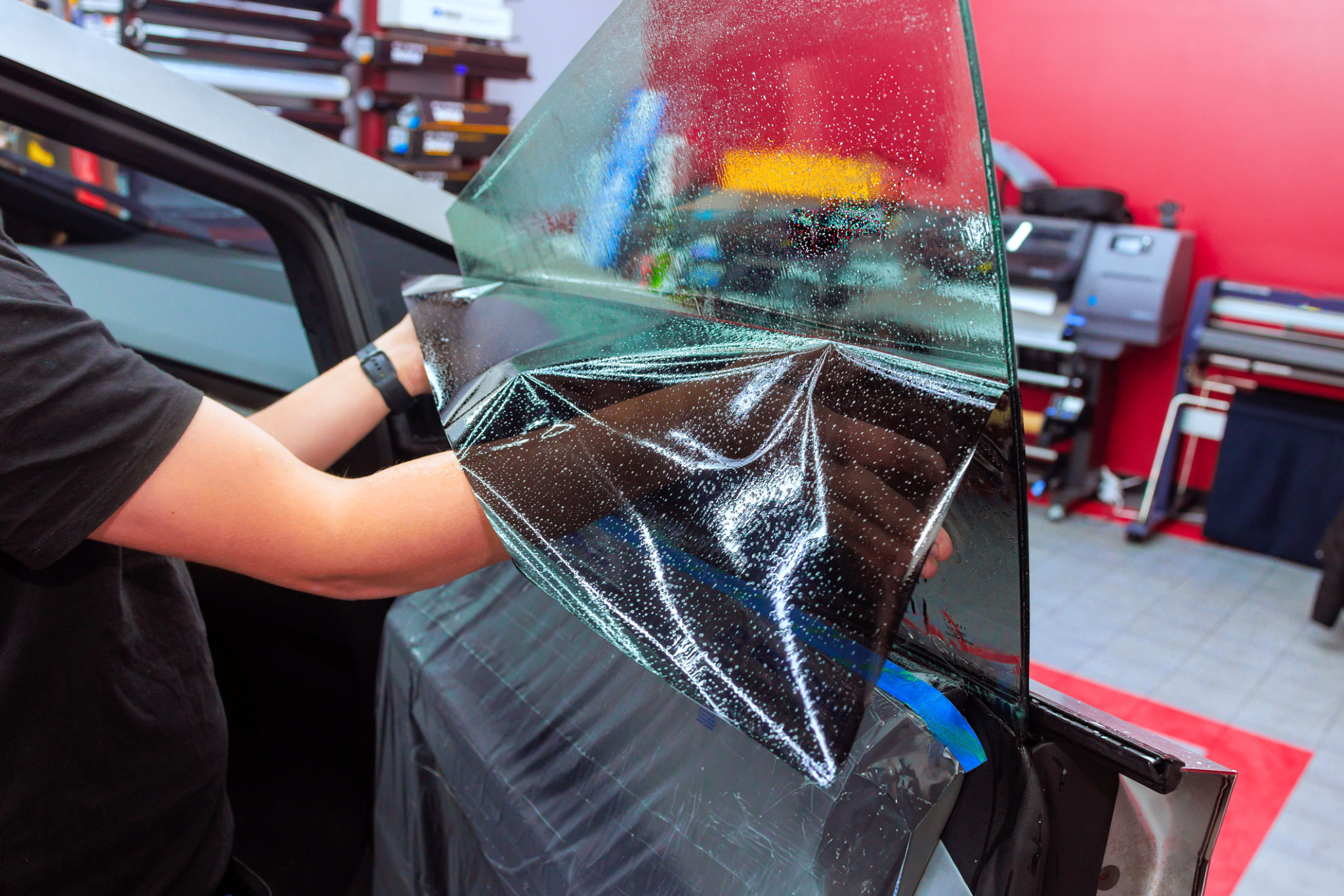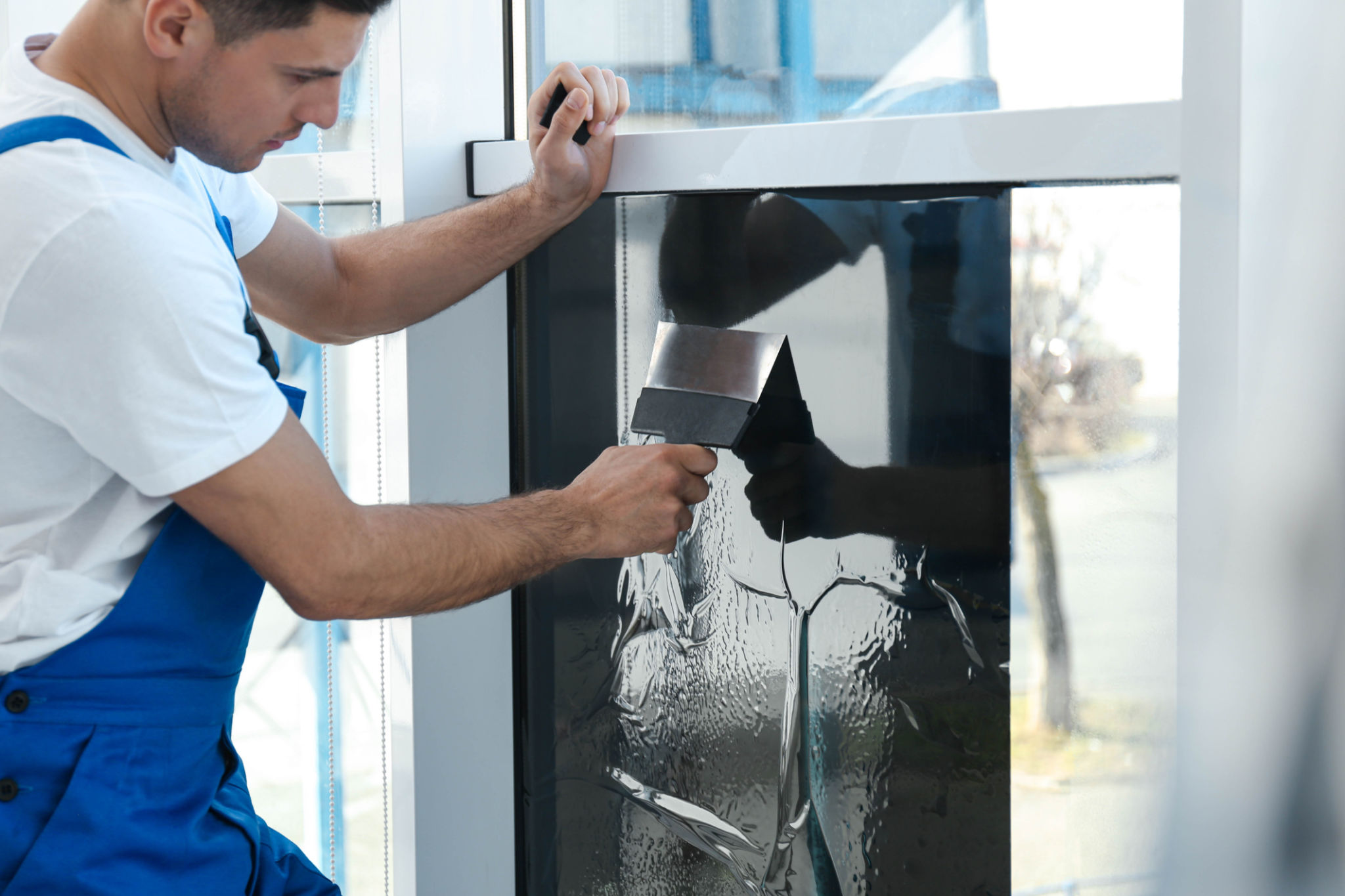The Role of Window Tinting in Home Security and Privacy
Understanding Window Tinting
Window tinting is a process where a thin film is applied to the glass surfaces of windows, which can significantly enhance both the aesthetic appeal and functionality of your home. Beyond just improving the look of your windows, window tinting plays a crucial role in enhancing home security and privacy. It serves as a barrier against unwanted eyes and potential intruders, while simultaneously offering several other benefits.
By reducing visibility from the outside, window tints offer homeowners an extra layer of privacy. This is particularly beneficial for houses located in busy neighborhoods or areas with high foot traffic. With window tinting, you can maintain the openness of your home without compromising on privacy.

Enhancing Home Security
The security benefits of window tinting extend beyond just privacy. High-quality window films can help deter break-ins and reduce the risk of burglary. They work by reinforcing the glass, making it more difficult for intruders to shatter windows and gain entry into your home.
Moreover, in the event of an attempted break-in, the film holds the broken glass together, preventing it from shattering into dangerous shards. This not only protects your family and belongings but also buys you valuable time to respond or alert authorities.

Reducing Glare and UV Exposure
Another key benefit of window tinting is its ability to reduce glare and block harmful UV rays. Excessive sunlight can cause discomfort and even damage your furniture, flooring, and artwork over time. Tinted windows help regulate the amount of sunlight entering your home, preserving your interior decor and enhancing comfort.
By blocking up to 99% of harmful UV rays, window tints protect your skin and eyes from sun-related damage. This protection is crucial for maintaining a healthy living environment, particularly in homes with large windows or in sunny climates.

Energy Efficiency and Cost Savings
Window tinting is not only beneficial for security and privacy but also contributes to energy efficiency. By reducing heat gain in summer and heat loss in winter, tinted windows help maintain a consistent indoor temperature. This results in lower reliance on heating and cooling systems, ultimately leading to reduced energy bills.
In addition to cost savings, energy-efficient homes are more environmentally friendly. By minimizing energy consumption, you contribute to reducing your home's carbon footprint, promoting a sustainable lifestyle.
Choosing the Right Window Tint
Selecting the appropriate window tint for your home depends on several factors, including your specific needs for privacy, security, and energy efficiency. It's essential to consult with professional window tinting experts who can guide you in choosing the best option tailored to your requirements.
Consider factors such as the level of darkness you prefer, the type of film material, and any additional features like UV protection or decorative designs. Proper installation by experienced professionals ensures optimal performance and longevity of the window tint.

The Long-Term Benefits
Investing in window tinting offers long-term advantages that extend beyond immediate security and privacy enhancements. With proper care and maintenance, window films can last for many years, providing consistent benefits throughout their lifespan.
Whether you're looking to increase your home's security, enhance privacy, or improve energy efficiency, window tinting presents a versatile solution that addresses multiple concerns at once. It's a practical investment that not only enhances your quality of life but also adds value to your property.
